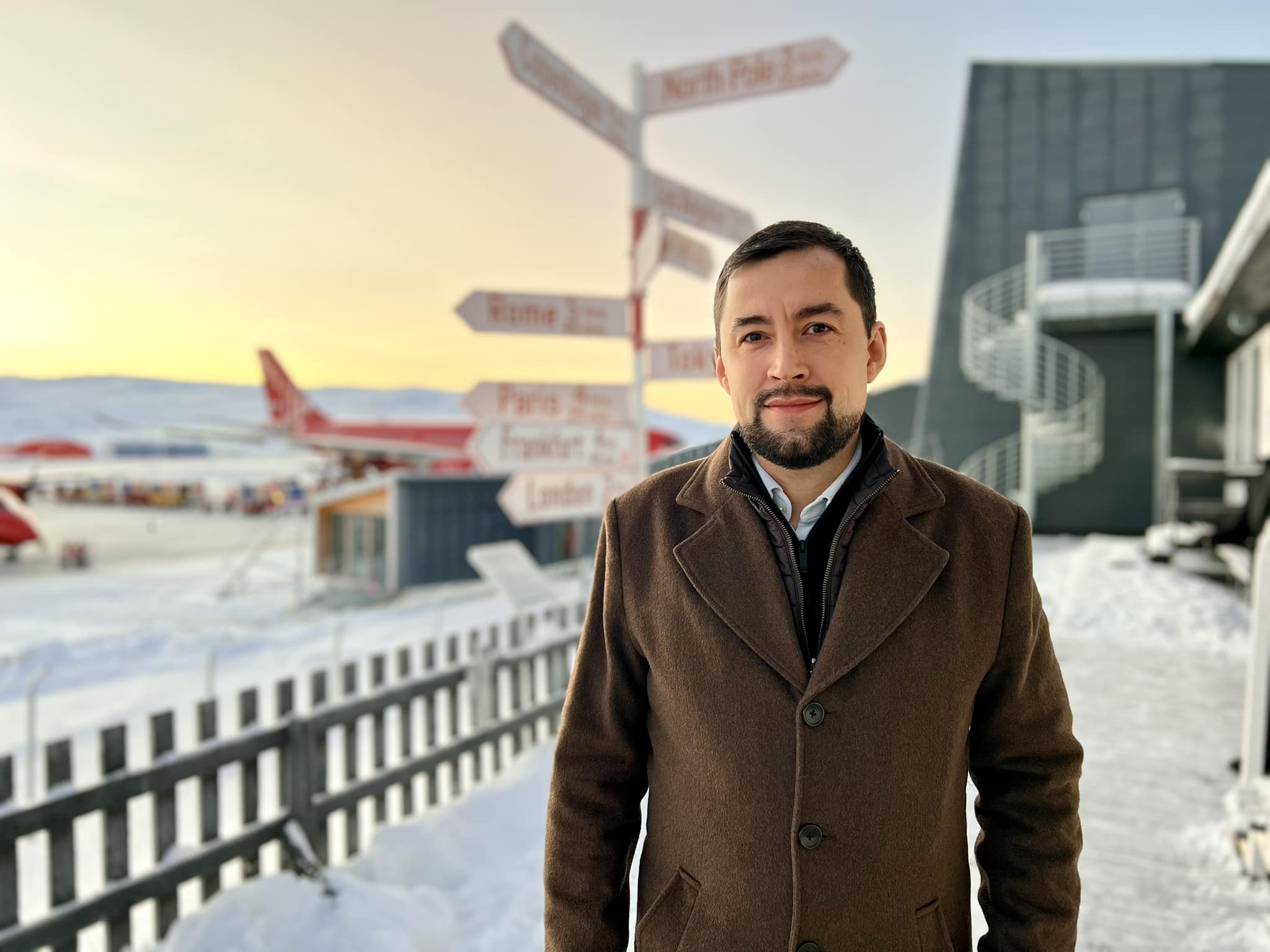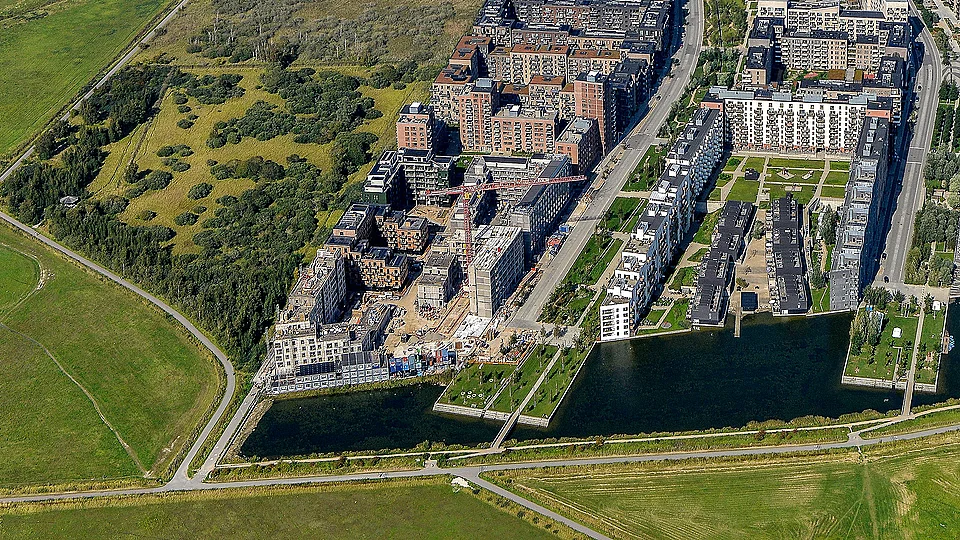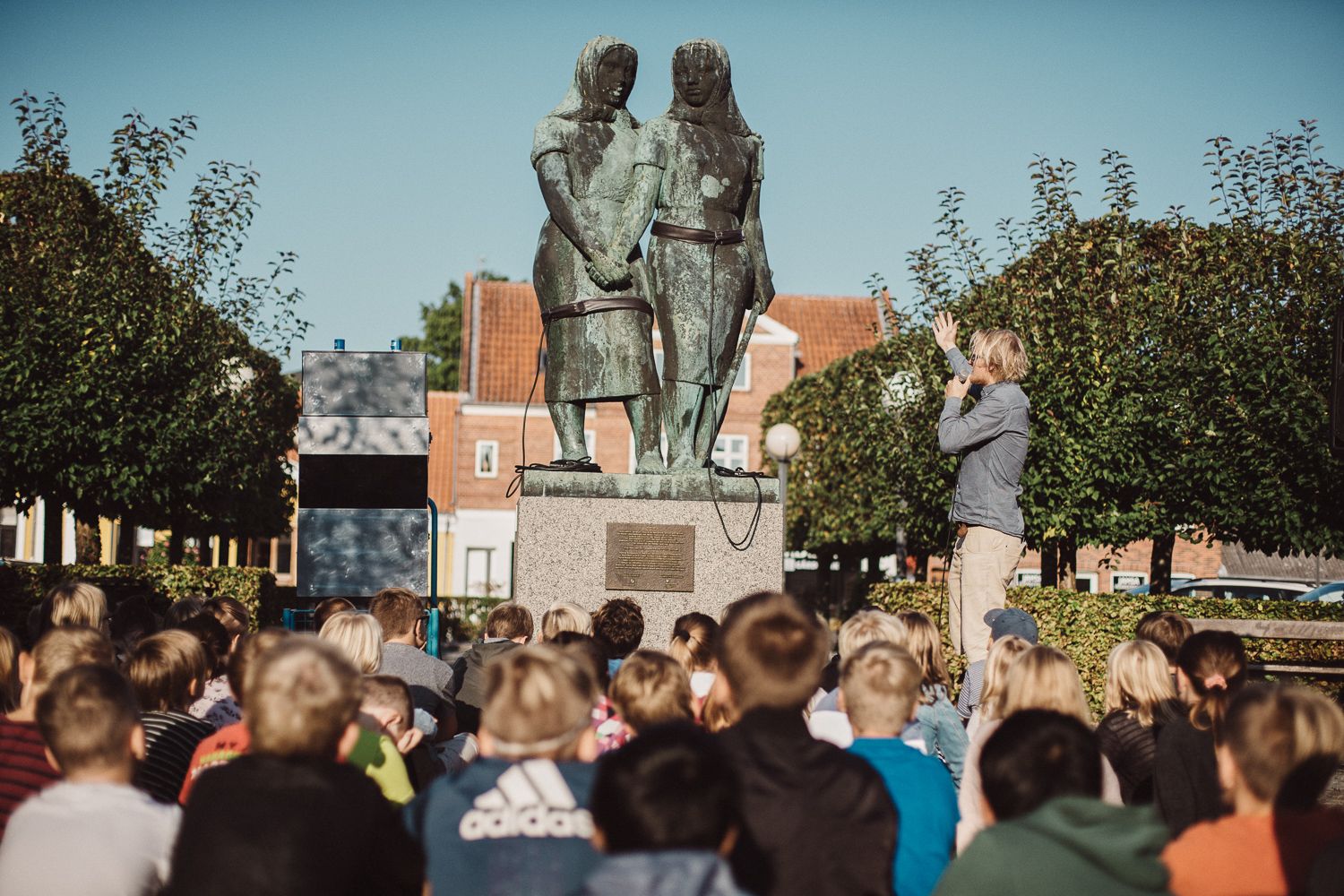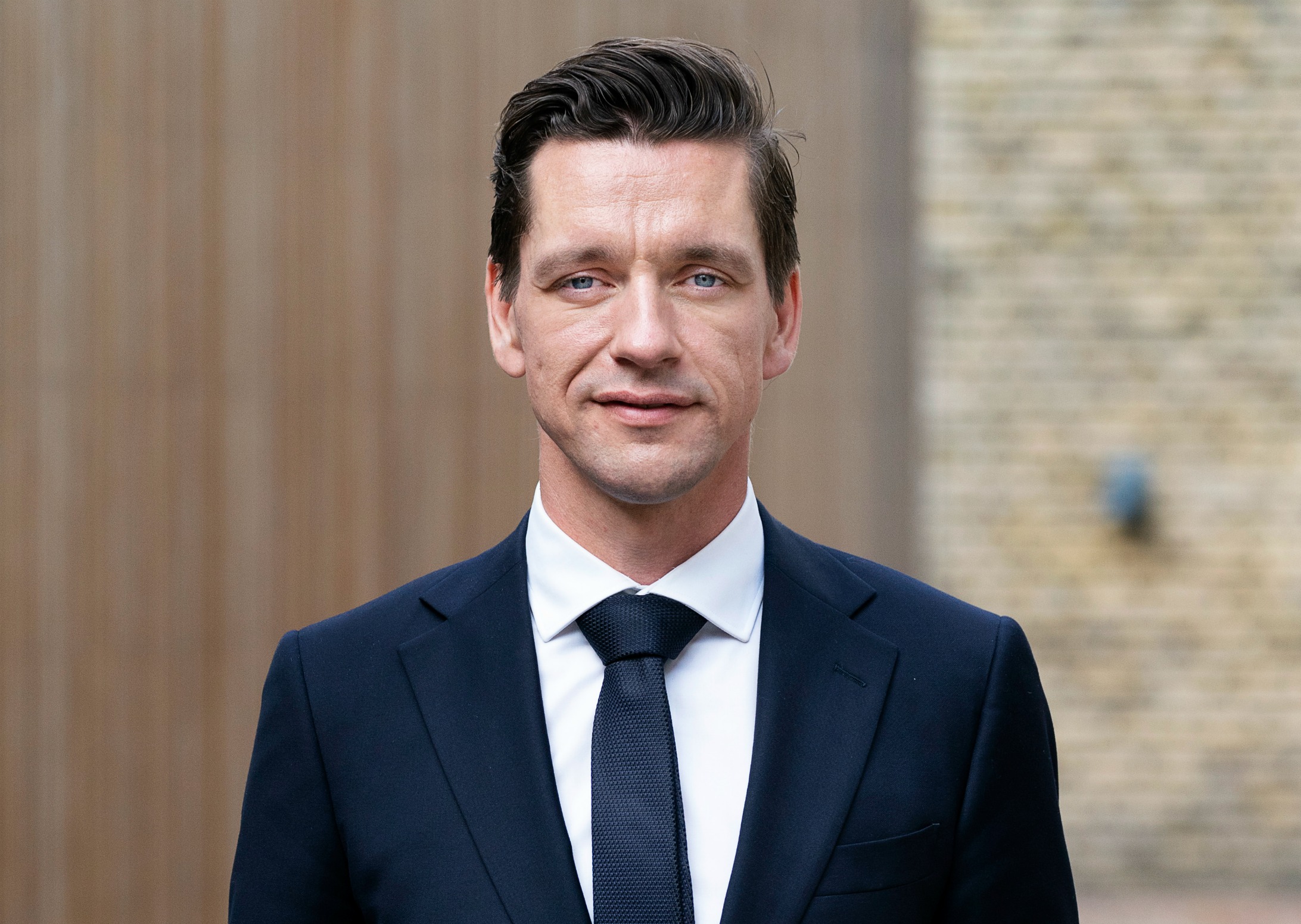There is a big party at Ørestad Gymnasium. After having looked forward to it all week, everyone in school is there and having a good time. Well, almost everyone.
Second-year student Jesper does not like to go to parties. In fact, he doesn’t like to socialise at all. At the party, some of Jesper’s classmates talk about Jesper and his antisocial behaviour.
Jesper has a classmate named Ahmad. Like Jesper, Ahmad did not attend the party. However, the way his classmates talk about him is different. They do not talk about Ahmad’s behaviour as being antisocial – to them Ahmad is not well integrated. They speculate that he isn’t attending the party because he is not allowed to by his parents.
What we are witnessing here is different interpretations of the same behaviour by two young adults – one who is ethnically Danish and the other who has another ethnic background. Ahmad’s behaviour is seen as being based on his cultural background, while Jesper’s is viewed as stemming from his personality.
A couple of years ago, I would have called this discrimination, but I no longer see it that way. Instead, I think it is the unfortunate common assumption that one’s cultural background directly relates to one’s behaviour. In my opinion, this is where a lot of problems occur.
It is, if you ask me, one of the main reasons why many ethnic minorities in this country do not feel or define themselves as Danish, even if they are. The actions of ethnic minorities, especially Muslims, are judged according to their cultural and religious backgrounds.
These assumptions and fast judgements, or course, did not exactly come out of nowhere or by coincidence. The picture was painted by the media. Sure, I know that it is a cliché to blame the media, and it has been done so often that it has lost its meaning, but nevertheless it is true.
Just as the young students concluded Jesper to be anti-social and Ahmad as being poorly integrated, the media gives us the same kind of explanation for the ethnic minorities’ behaviour and the difference between them and ethnic Danes.
If Jesper had committed a crime, he would be portrayed as simply a young adult who has difficulties and social problems. But if Ahmad commits a crime, it is because he is not integrated well and has brought his criminal culture to Denmark. Once again, same behaviour but different conclusions.
With the help of the media, society has turned to the same explanation for all of the actions of ethnic minorities. If you do not attend parties, it is because you or your family are too religious and therefore poorly integrated. If you commit a criminal action, poorly integrated. If you do not get an education, poorly integrated. I think you get the picture.
It is a big social problem because it results in many people feeling left behind. They feel they are being looked at and treated differently. They are constantly reminded that they are not from here and do not belong here. It leaves them with an uncomfortable feeling and a sense of insecurity, knowing that they are not a natural part of the country that they see as their home.
Let us take myself as an example. Personally, I have never been the party type. It has just never been something for me. Does that make me a poorly integrated resident of this country?
Like I wrote in my previous column, ‘What does it take to make someone Danish?’, there are many young adults who grew up in a ‘Danish’ way and consider themselves Danish. By describing every one of their problems or actions as being a result of poor integration, they are being pushed away instead of being included in society.
This particular problem will be solved the day we leave the old ways behind and start describing and treating the minorities as individuals instead of labelling them by their ethnic backgrounds.
And just for the record: the story about Jesper and Ahmad is authentic only the names and the school have been changed.













